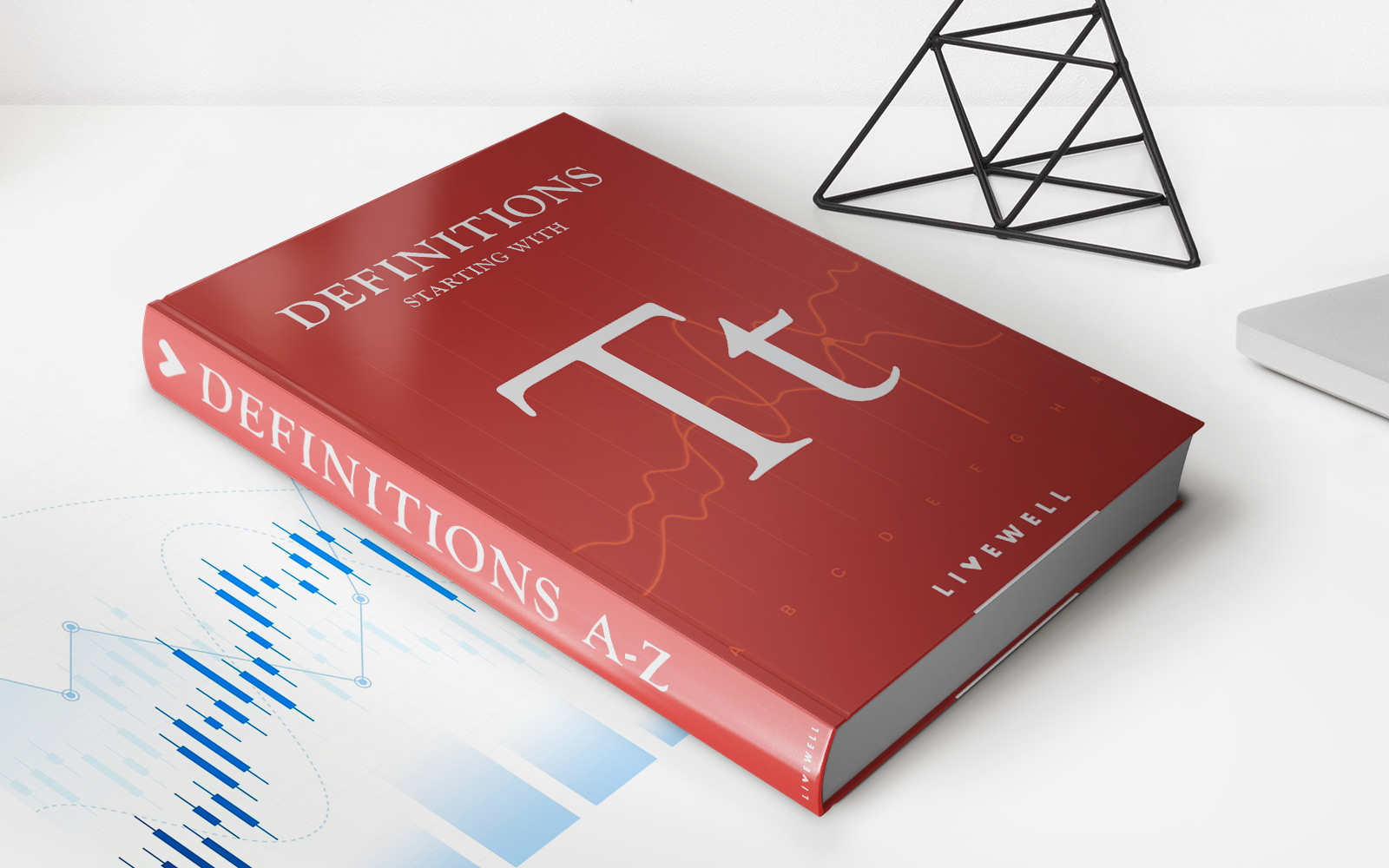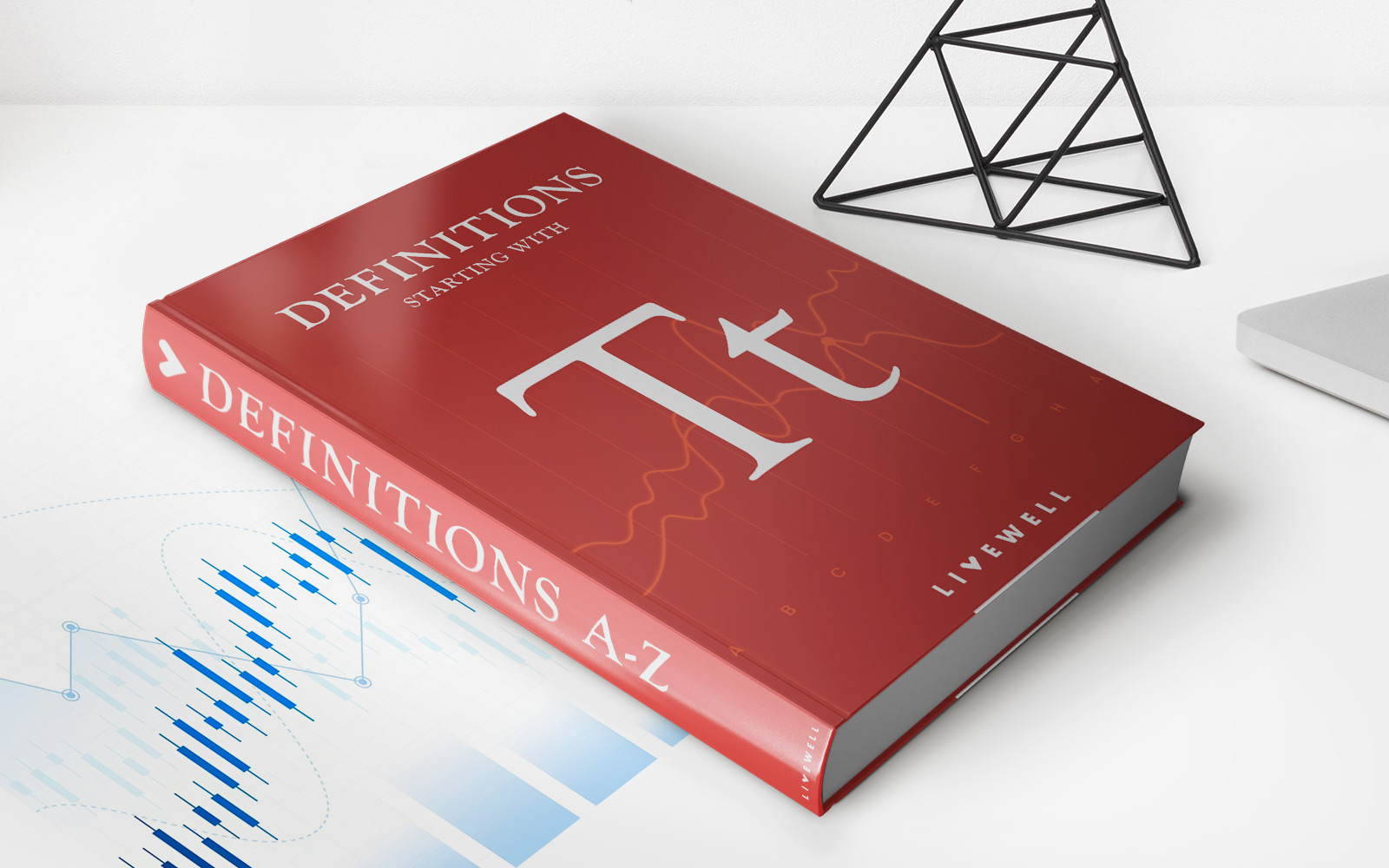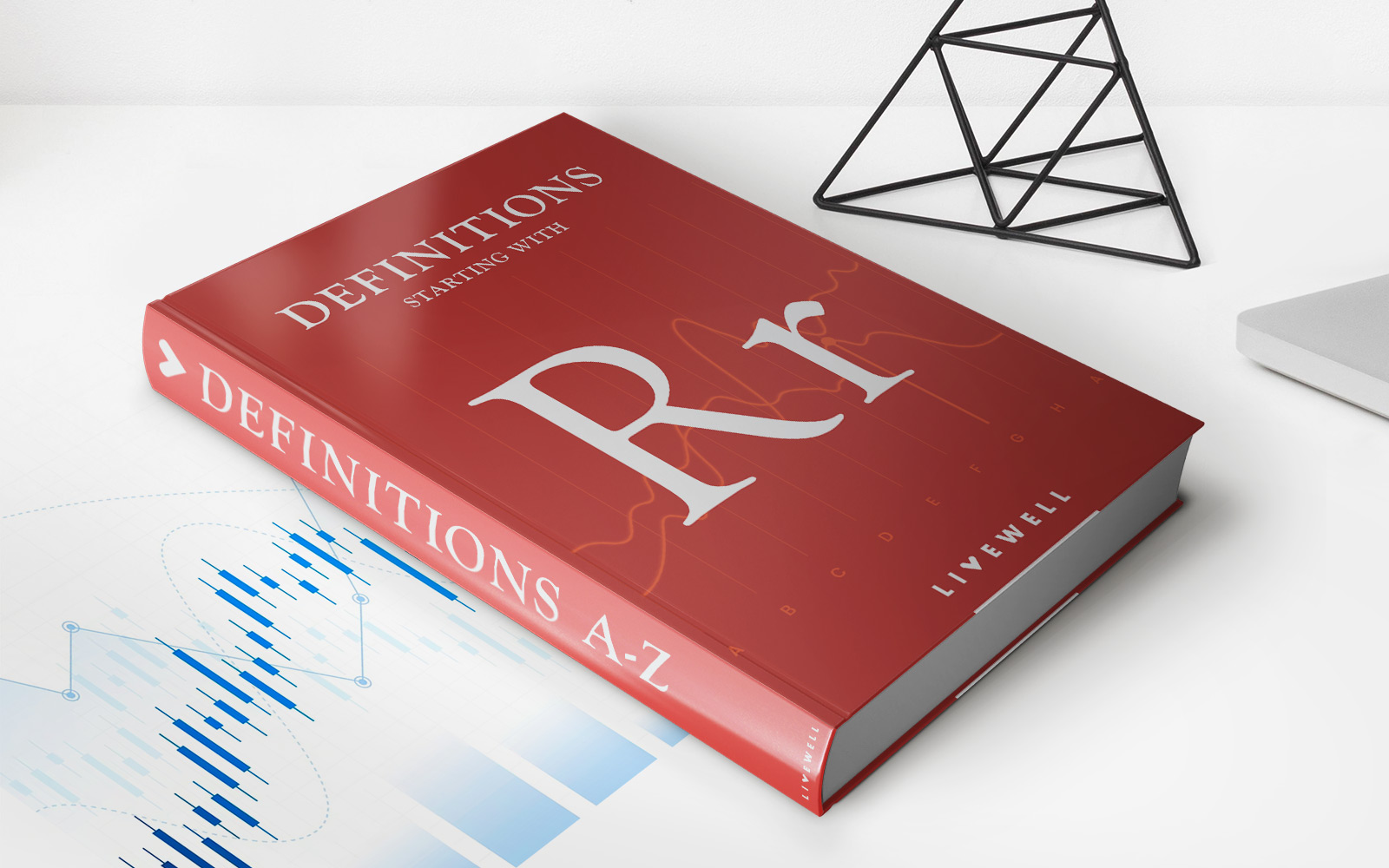

Finance
Trust Indenture Definition
Published: February 11, 2024
Learn the definition of a trust indenture in the world of finance and how it impacts investments.
(Many of the links in this article redirect to a specific reviewed product. Your purchase of these products through affiliate links helps to generate commission for LiveWell, at no extra cost. Learn more)
Understanding Trust Indenture: A Key Element of Financial Security
Finance is a complex and vast field, encompassing various strategies and mechanisms to manage and grow wealth. Within this expansive arena, one crucial aspect that often goes overlooked is the concept of a Trust Indenture. In this blog post, we will uncover the definition, purpose, and significance of trust indentures, and understand why they play a vital role in the world of finance.
Key Takeaways:
- A trust indenture is a legal document that outlines the terms and conditions of a bond or debt instrument.
- It serves as an agreement between the issuer of the securities and the trustee who holds them on behalf of the bondholders.
So, what exactly is a trust indenture? Essentially, it is a binding contract that establishes the rights and obligations of both the issuer of a bond or debt instrument and the trustee who safeguards the interests of the bondholders. This intricate document outlines the specific terms and conditions under which the securities are issued, providing a framework for their management and protection.
In simpler terms, a trust indenture ensures that:
- Investors’ rights are safeguarded, protecting them from potential fraud or reckless actions by issuers.
- The issuer upholds its obligations, such as timely interest payments to bondholders.
- The trustee acts as an impartial intermediary, overseeing the fulfillment of the terms outlined in the indenture.
It is important to note that trust indentures vary depending on the specific financial instrument and the applicable regulations. These instruments can range from corporate bonds and municipal securities to loan agreements.
So, why are trust indentures so crucial in the world of finance?
1. Protection for Investors:
A trust indenture serves as a protective shield for investors, instilling confidence by establishing clear guidelines for the issuer’s responsibilities. By defining the bond’s terms and conditions, it ensures that bondholders receive their due payments and are protected from unlawful actions or negligence.
2. Risk Mitigation:
Trust indentures help to mitigate risk by stipulating the conditions under which the issuer can default, as well as the remedies available to bondholders in such cases. Having these parameters in place provides a level of assurance to investors, reducing the overall risk associated with their investment.
Trust indentures play an essential role in maintaining transparency, accountability, and integrity within the financial system. By establishing a clear framework for both issuers and investors, they contribute to a stable and reliable financial ecosystem.
In conclusion, trust indentures are an integral part of the finance world, providing a legal foundation and safeguarding the interests of bondholders. Understanding the significance of trust indentures helps investors make informed decisions and navigate the intricate world of finance more confidently.














